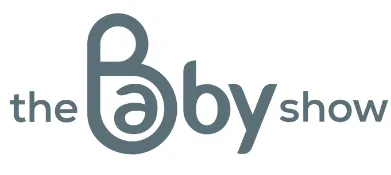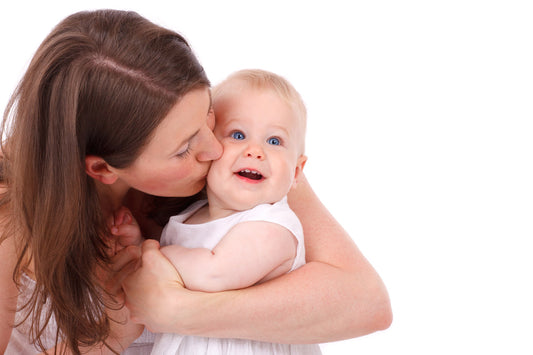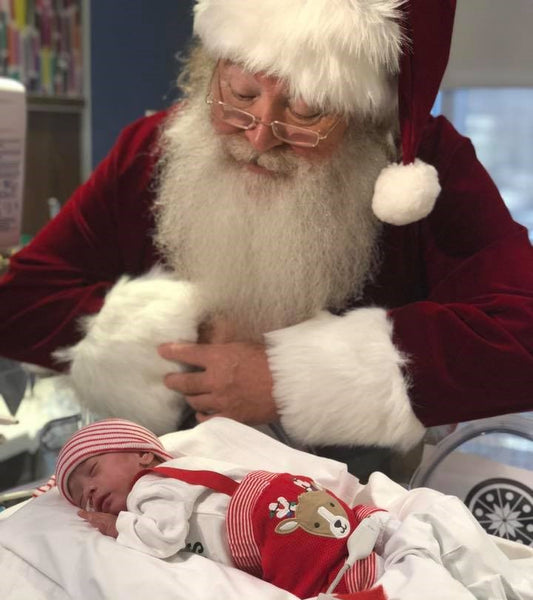How You Can be a Little Bit Greener
A very wise person once said,
“We don’t need a 20% of people to be 100% better. We need 100% of people better to be 20% better.”
It's not about trying to be perfect but about making small changes which add up to the collective benefit. Here's a few hints and tips to how to be a little bit greener as a parent.
A new baby will bring you immeasurable joy but they are also quite hard work for the first few months. Being greener and making eco-choices can feel like a bridge too far during the first overwhelming weeks. However, making a few small eco-switches to greener, natural and organic options can make a big difference without a large upheaval to your lifestyle.
Organic Food

Many parents may choose formula-feeding or combi-feeding over exclusive breastfeeding, and as we all know fed-is-best! To alleviate some of the environmental impact some conscientious producers now have an organic range.
Currently, you can find Kendamil widely available in the UK. Made from UK organic dairy farms, Kendamil has the royal seal of approval!
Once your baby starts weaning onto solid food, you can be very eco-friendly by making your baby’s food using all organic ingredients. You can bake, boil, and steam fresh ingredients and combine them with milk or water to get desired and appropriate texture.
A trip to your local farmer’s market will also provide you and baba a fun outing. Locally sourced organic fruits and vegetables are packed with vitamins and minerals that can boost your baby’s defenses. Try to introduce a wide range of softened or mashed fruits and vegetables so your baby’s palate can adjust to the taste. It will also help your little one to get used to eating healthy food.

When choosing pre-prepped meals opt for organic brands with strong ethical and eco-credentials. Ella’s Kitchen, Organix and Piccolo are widely available. Ella’s Kitchen is also a fellow B-Corp with an outstanding rating for ethical and sustainable business.
Sustainable Nappies
Nappies are essential, especially in the first few years of a baby. A household with a baby typically uses over 6000 nappies before potty training. A newborn can use 10-12 nappies in a day! Some parents choose to use cloth nappies to reduce this impact. However, others may not find cloth nappies convenient to use or may choose not to use them full time.
To minimize the negative impact of accumulated dirty nappies, you may opt to use sustainably produced nappies instead, "eco-nappies" as they are commonly referred to. Compared to regular plastic versions ones, these nappies use more sustainable materials, carbon neutral practices and have a high degree of compostable or recyclable materials including packaging.
Mama Bamboo nappies are made using 100% bamboo fibre top and bottom covers, compostable film liners and packaging and chlorine free pulp cores. Mama Bamboo are the only UK nappy brand to be B-Corp certified and have been rated the highest eco-disposable nappy brand by the Ethical Consumer.
To help you make a choice between the various eco-brands, we have put together a comparison guide for you - see here
Sustainable Wipes
11 billion wet wipes were used in the UK last year! And the majority were made from polyester and polypropylene. Choosing a compostable natural biobased version will lessen the environmental impact significantly.
Mama Bamboo wipes are made from 100% bamboo fibre and can be composted in your normal food waste or home compost bin.
Baby clothes
When purchasing baby clothes, you can opt for 100% certified organic cotton or bamboo material instead of synthetic fibers. Organic materials are better for the environment and your baby's skin. It's naturally breathable and comfortable for long-wearing.
Tommy and Lottie have a beautiful organic range for babies. And My Miracle Baby do a lovely range of organic swaddles and blankets.
Rather than buying new clothes, you can also check local thrift stores and online preloved sales for baby clothing. These clothes will save you lots of money and most of them are still in pristine condition.
Check out Pat Pat and Pre-loved.
Do not over-buy
Most parents tend to purchase a lot of "stuff" for the baby or they get given a lot of gifts from well-meaning kindly relatives. Especially for newly expectant parents, it's understandable how they want to provide the best comfort and care for their baby and how we all get excited by just how cute everything is!
However, this stuff may not be too useful in reality and is quickly discarded. Pretty baby clothes under 6 months old are some of the least useful items you will receive. Many will be worn just once, if at all.
If you are aware that you may receive a lot of gifts from friends and family, it’s worth creating a wishlist online and allowing users to choose only items from it. Much like a wedding gift list this can reduce the amount of pretty but not necessary items. It may also allow you to request a single big purchase and allow friends to contribute towards it.
You could consider asking a close relative to set up a subscription for useful things like nappies and wipes, rather than buying nice but unnecessary toys.
Second Hand Big Ticket Items
For expensive baby gear like prams and cots, do not hesitate to look at online second-hand stores to help save money and help the environment at the same time. Babies grow fast, and before you know it, your baby won't need that expensive gear anymore. Trading or borrowing from friends and family can also help you minimize your carbon footprint.
Conclusion
Everyone can go a little bit greener in their parenting choices by making some very small switches. And every change you make will have a super positive impact on the world your baby is going to grow up in.
“We don’t need a 20% of people to be 100% better. We need 100% of people better to be 20% better.”





